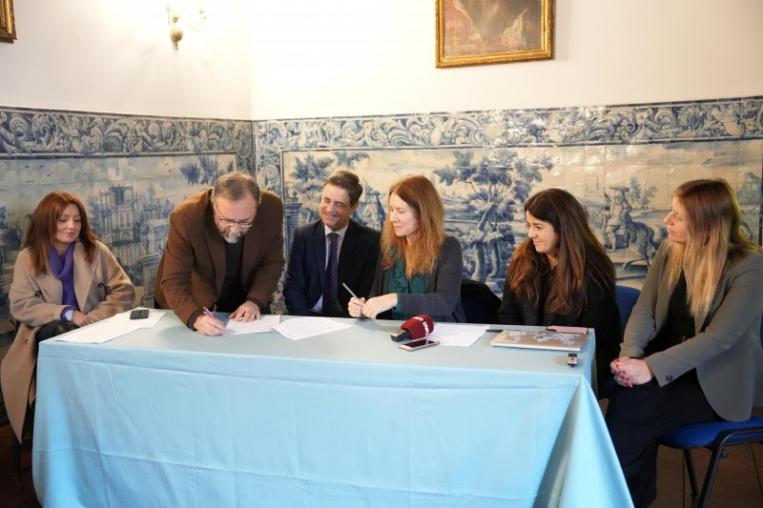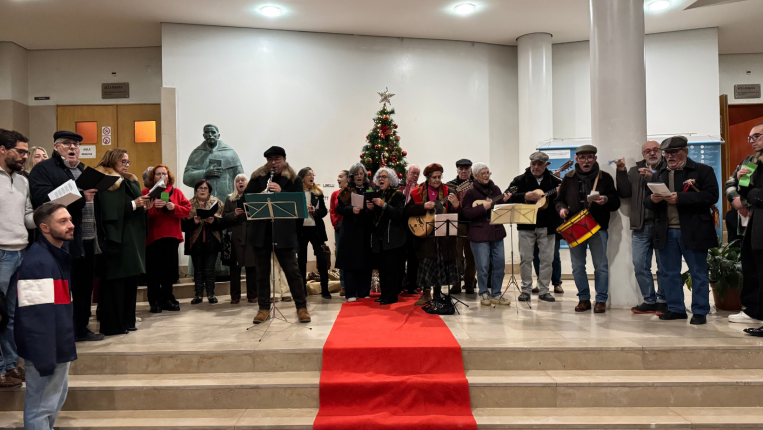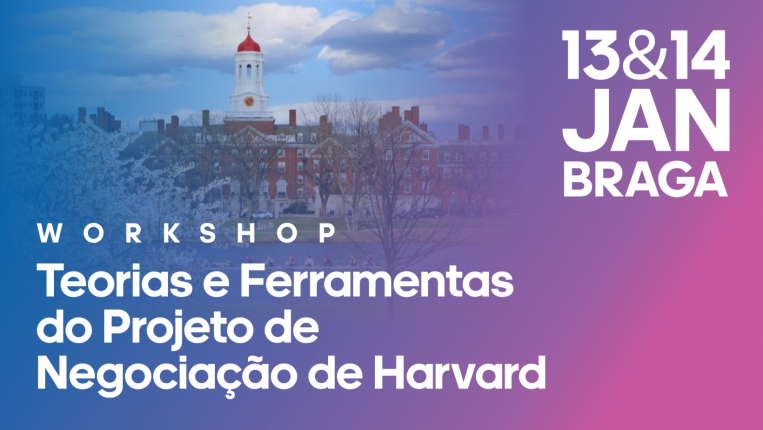Under the motto ‘In culture, everyone counts’

'In culture, everyone counts! This is how it's going to be!’ is the motto of the new “Cultural Push” project launched by the Bracara Augusta Foundation and CERCI Braga, which has the Museus e Monumentos de Portugal organisation as a partner, through the Biscainhos Museum and the D. Diogo de Sousa Museum. This movement, which aims to include other social and cultural organisations, as well as the business community, also has the partnership of the Municipality of Braga.
This pilot project is part of the international ISA Culture project, led by the Bracara Augusta Foundation and funded by the Erasmus+ programme, with the aim of promoting the participation and social inclusion, particularly in culture, of socially and/or intellectually disadvantaged groups. The initiative aims to associate companies with this ‘movement for inclusion through culture, cultural democratisation and the promotion of cultural practices’.
‘The objectives involved in this initiative are very much in line with Braga's strategy of promoting accessibility to culture, heritage and museums, in a comprehensive logic for the population as a whole,’ explained Ricardo Rio, the mayor of Braga, during the signing of the protocol between the Bracara Augusta Foundation and the Museums and Monuments of Portugal organisation, which took place today at the Biscainhos Museum.
Through this project, at the end of 2023, a survey of the population regarding Cultural Participation in Braga was carried out, with the scientific support of the Braga Regional Centre of the Portuguese Catholic University. The data shows that, although some of the respondents are satisfied with the time dedicated to culture, the majority would like to participate more, citing the lack of free time, the associated costs and the lack of information about programming as the main barriers. These results are in line with national studies and surveys, which also point to the lack of company as a factor inhibiting greater cultural practice.
Analysing the results reveals a considerable interest among Braga residents in culture, with a strong inclination towards activities that allow interaction with the city's historical and artistic heritage. However, significant barriers related to financial and informational accessibility were identified. The respondents' suggestions point to the need for a more inclusive and diversified cultural promotion strategy that includes more affordable prices, better publicity and a programme that covers a wider range of interests and availabilities. This study suggests that there is potential to increase cultural participation in Braga and that it can be achieved through more inclusive cultural policies that are adapted to residents' needs and preferences.
‘It's very important to have this scientific and rigorous study to serve as a basis for strategies to be adopted. In the results presented, we quickly realise that there is still a huge amount of work to be done to make all of our cultural heritage and museums more accessible to citizens and certain sections of the population,’ said Ricardo Rio, stressing that reconciling accessibility to culture with inclusion “is a very virtuous strategy” and that this project “has a lot to gain from the involvement of cultural facilities and the business community”.
For his part, Miguel Bandeira, chairman of the Board of Directors of the Bracara Augusta Foundation, said that this project aims to ‘collectively mobilise around culture, and this implies a “push” on the part of companies, institutions and schools to strengthen and bring cultural dynamics closer together’, launching the challenge to companies and institutions to mobilise around this project.
The session was also attended by Claudia Leite, representing the Museus e Monumentos de Portugal entity, Carla Cardoso, from the Braga Regional Centre of the Portuguese Catholic University, and Vera Vaz, president of CERCI Braga.





